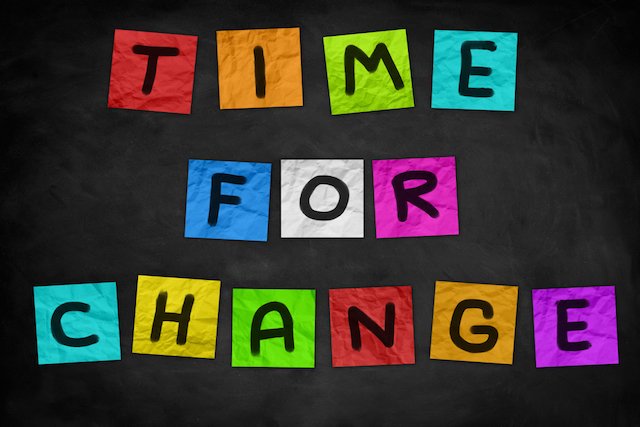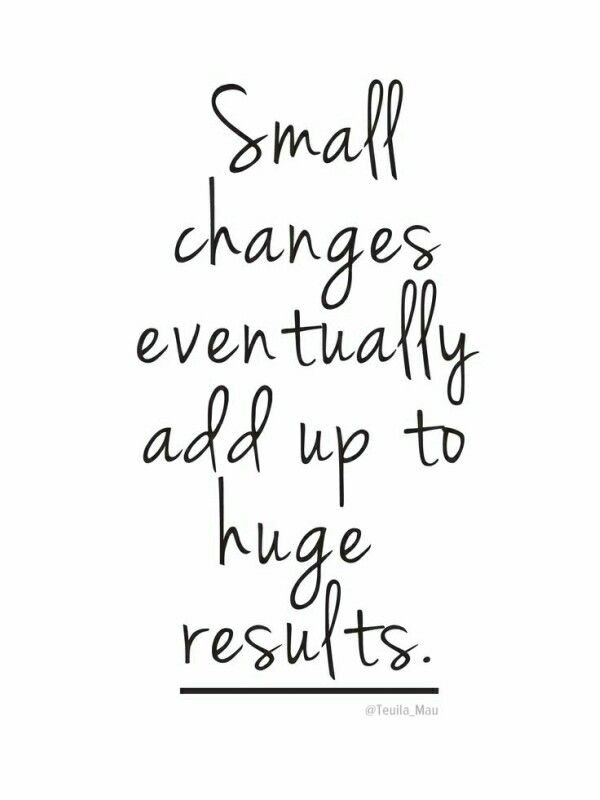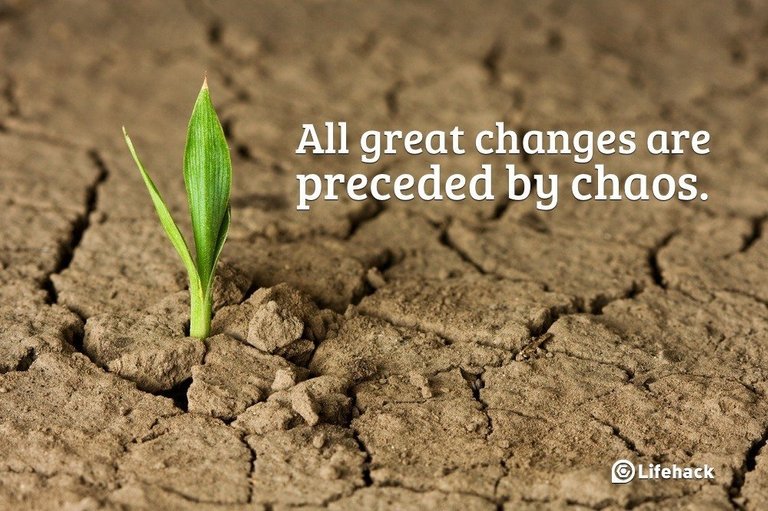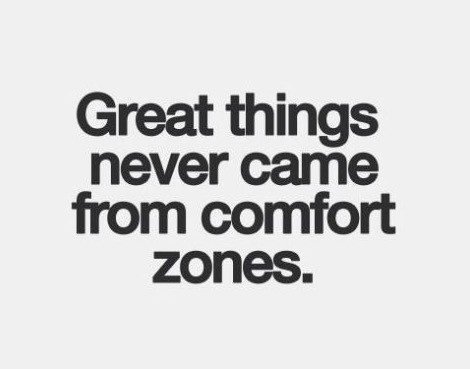Can Changes in Our Lives Be Fundamentally Differentiated?

Are you happy and satisfied with your life as it is? Or would you like to change something? How we want to live in the future2
Biological
Our body is in a permanent process of change. A very banal example would be the changes in our skin and hair over the decades. If we look at the development from teenagers to young adults. It becomes even clearer how extensive changes can take place in a short period of time, the body grows up, the voice changes, brain development takes great strides again, and social and cognitive changes often change a lot again. The young adult has now grown from a still dependent child and partially self-employed adolescent into a responsible and fully developed adult.Inner changes
Inner change means a change of oneself. This can be changes in attitudes, values, preferences, lifestyle habits or entire life plans.
External changes
If living conditions change from the outside, or social framework conditions change, then we have to deal with them and adapt to them.
Changes are a reliable part of human life with effects on physical, social, psychological and also cognitive areas. In fact, we often don't really notice it because we're so used to it. For example, the biological/physical changes result naturally from human development from infant to child or from adolescent to adult.

Basically there are changes that are clearer and have more consequences than other, possibly unforeseen or fateful changes.
How do the inner changes come about?
Internal changes arise on the one hand through our development, in that we keep giving ourselves answers to the important questions in life. We sometimes experience an inner urge to develop when we notice that our current life plan no longer suits us. This means that the inner evaluations of the respective situation and the experience of the situation no longer fit together. One becomes dissatisfied. Some people decide to find a way to get by with their dissatisfaction and do not change anything. People tend to do this who may see too few opportunities or think that they have no right to change. That sounds strange, but it happens very often. Other people feel the price of change is too high and decide against change. A weighing up has then taken place here, for example if you are dissatisfied with the relationship but at the same time do not want to leave the partner. All of these are internal processes that lead to changes, sometimes to fundamental and life-changing decisions.
If the upcoming change is important, we will hardly be able to avoid finding a way to deal with the desired change. At the same time there is the question of how relationships will change as a result and what challenges we should face. Only a calm and explanatory conversation will help, also here if necessary with neutral support.
But if people permanently decide against their innermost needs or longings, they become dissatisfied and suffer. Then maybe the environment is satisfied because nothing seems to have changed. But in reality a loved or loved person changes because he suffers from not being able to live changes.Outside Changes
The other part is change, where we react to external conditions. These changes are not always wanted or even welcome. However, we need to deal with them and often have to come to an individual assessment of the change very quickly in order to then to act accordingly.
Ultimately, it comes to come to terms with a new situation and adapt, mean not bend, but rather an accepting attitudeto be taken. If we cannot influence external circumstances, then we can complain about the circumstances, but the circumstances do not change. But if we take the circumstances for granted, then we have the opportunity to find a way to deal with them.

Changes are often associated with uncertainty and effort. One is even afraid of some changes - why actually? Changes always cost strength and energy. At the same time, we never know for sure what will come after the change. Is everything going well? What happens if we ...? Have we thought of everything? Our bodies and minds often have an interest in increasing energy.
That is why we try to avoid some changes and stick to the tried and tested. I know my way around, everything is predictable and controllable and I can feel safe.
The prospect of change often makes people fearful to retreat prematurely without really considering all the possibilities. But fear is only a feeling and must be reflected on.
We cannot avoid changes in our lives. That is why it is important to be able to deal with them. Switching to a new computer program, dismissal, relocation to another city, separation, termination of the apartment - what do these words have in common? They require us to be able to adapt to changed situations and to reorient ourselves. Often this change in living conditions does not go away without fear or uncertainty.

For some people, new and change are synonymous with lust, curiosity and thrills. In dealing with change, it matters whether we change voluntarily or see ourselves forced to change by our living conditions. Changes accompany us from the moment of birth. We need to learn when to get something to eat, whether screaming is successful, what the mother's raised eyebrows mean, what is dangerous and harmless to us.
Advantage on Changing Our Lives
Learning, trying out new things, changing and reorienting yourself can be something fun and exciting. This confirms that we are able to adapt to new things and develop further. Our self-confidence grows as does our attitude that we have influence or control. Parents who want to protect their child from changes, do not let it try anything, convey to the child the attitude. By daring to do new things, we also learn something about our limits. We find out what we still have to learn and where our limits are. By constantly adjusting to changing situations, over time we gain an ever greater wealth of experience that will benefit us in our future tasks. Nowadays we hear more and more: "If you don't keep up, you go under.", "If you don't adapt, you have to go." We have the impression that our environment is forcing us to constantly change.
The effects on our psyche are serious. We feel like failures, we feel manipulated and raped, we feel like little cogs in a gigantic mechanism that is controlled by foreign powers. The change and the associated fear of not being able to cope with it may give us sleepless nights. Depending on the personality structure, we begin to fight back and rebel or fall into depression.
The violence of young people, drug and alcohol addiction, the no-go mood can all be effects of this. Anyone who thinks they cannot keep up does not care what consequences their behavior has. In psychology there is the concept of learned helplessness, If you believe that there is no hope, you don't even try.
Dealing with Changes
When we are faced with undesirable or unexpected changes, it is normal to initially react with negative feelings. These feelings indicate to us that something is not going as we want it to. Therefore, it is good to accept them and work with them.We should therefore concentrate more on encouraging ourselves. We can encourage ourselves by reminding ourselves again and again. Whatever comes in our ways, we should always found a solution so far and will find a solution this time as well.

It is also helpful to consciously remind ourselves of what we have achieved and mastered in our lives so far.
We should treat ourselves very carefully, do not demand perfection, do not prescribe any additional new tasks and treat our body with care.
Conversations with friends can also be very helpful to get out of a mental one-way street in which we see everything black.
We shouldn't paralyze ourselves with negative thoughts about what we need to change. The more we look at all of this, the more we feel paralyzed and helpless. Planning just a day or a week, and if possible in writing, helps us to notice progress and also to awaken the necessary energy in us. Many changes, which at first seem negative, turn out to be good in return.